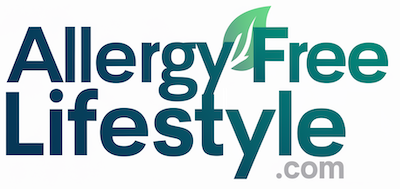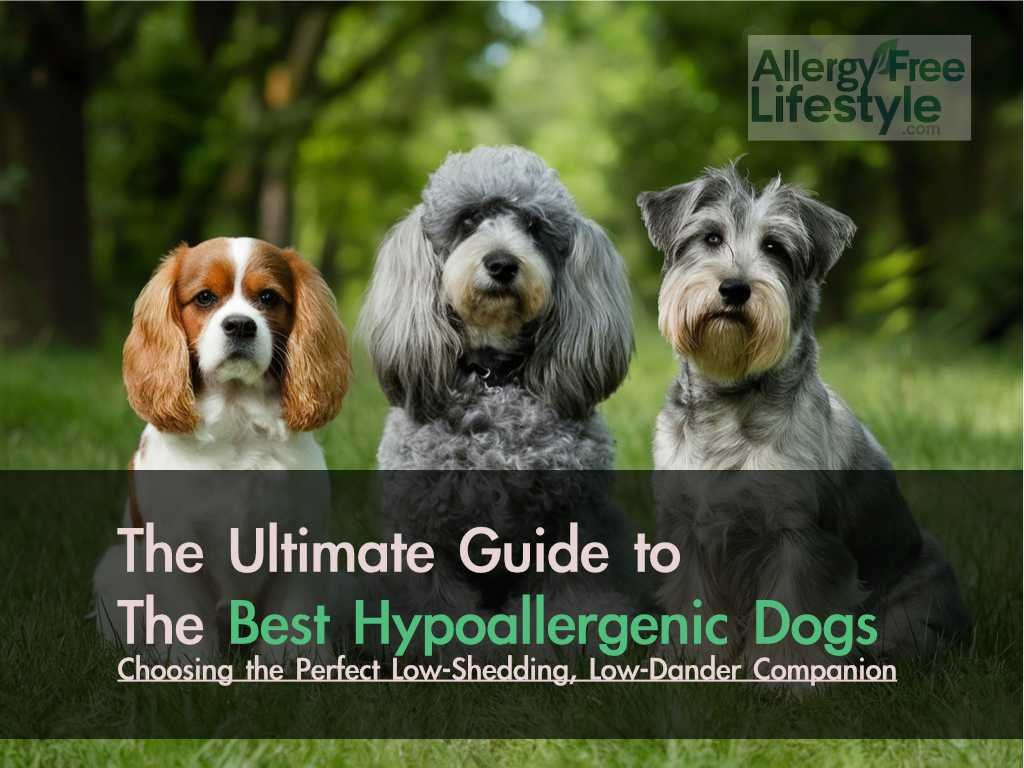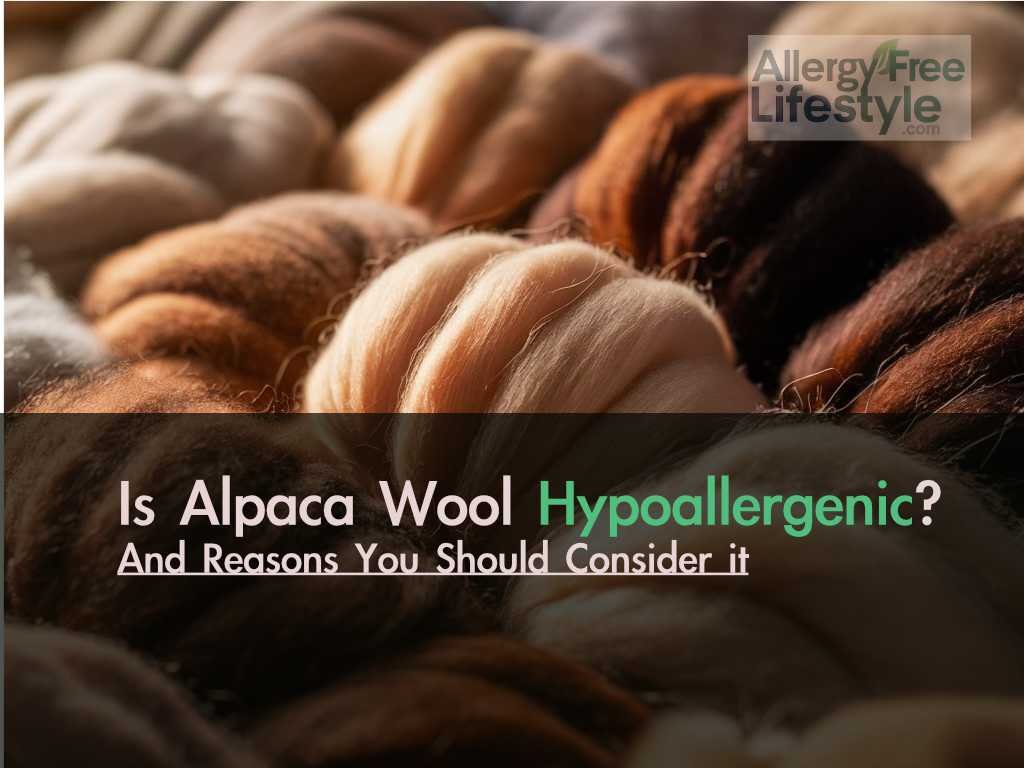“Is a Bernedoodle hypoallergenic?” This is a common question among potential dog owners who suffer from allergies and are considering a Bernedoodle as their furry companion. In this detailed exploration, we’ll dive into the characteristics of the Bernedoodle that influence their hypoallergenic properties, helping you understand how well they might suit allergy-prone individuals.
Understanding the Term ‘Hypoallergenic’
The concept of a hypoallergenic dog breed often involves misunderstandings. Hypoallergenic does not mean allergen-free but rather indicates a lower tendency to provoke allergic reactions. Dogs that are considered hypoallergenic usually shed less hair and dander, which are primary carriers of allergens. Given this context, evaluating whether Bernedoodles meet these criteria is crucial for potential owners with sensitivities.
Bernedoodle Coat Types and Their Impact
Bernedoodles have three main coat types: straight, wavy, and curly. Each type has a different impact on the question, “Is a Bernedoodle hypoallergenic?”
- Curly Coats: Often inherited from the Poodle parent, curly coats are the most resistant to shedding. This coat type traps dander and hair within the curls, reducing the amount that is released into the air.
- Wavy Coats: These coats represent a mix between the Poodle’s curls and the Bernese Mountain Dog’s straighter hair. Wavy coats are moderate shedders and can be somewhat hypoallergenic, depending on their density and texture.
- Straight Coats: The least common in Bernedoodles, straight coats shed more similarly to Bernese Mountain Dogs and are less ideal for allergy sufferers.
Grooming and Maintenance

Effective grooming plays a pivotal role in managing a Bernedoodle’s hypoallergenic properties. Regardless of coat type, regular grooming helps reduce the amount of hair and dander that a dog releases into its environment:
- Routine Brushing: Daily brushing is essential, especially for curly and wavy coats, to prevent matting and remove loose hair and dander.
- Regular Baths: Bathing your Bernedoodle every four to six weeks with a hypoallergenic shampoo can help minimize the presence of allergens.
- Professional Grooming: Scheduling professional grooming sessions every few months ensures the coat is properly maintained and healthily trimmed, which is beneficial for reducing potential allergens.
The Impact of Genetics on the Bernedoodle’s Hypoallergenic Traits
The hypoallergenic nature of a Bernedoodle can vary widely based on its genetic makeup. First-generation Bernedoodles (F1), which are a direct cross between a purebred Bernese Mountain Dog and a Poodle, typically have varied coat types and, therefore, varied hypoallergenic properties. Second-generation (F1B) Bernedoodles, which involve backcrossing to the Poodle, are more likely to inherit the hypoallergenic qualities of the Poodle’s coat.
Is a Bernedoodle Hypoallergenic in Different Living Environments?
When evaluating whether a Bernedoodle is hypoallergenic, it’s crucial to consider how different living environments might affect their allergen production. The way a Bernedoodle interacts with its surroundings can significantly impact the amount of allergens present in the home, affecting those with sensitivities.
Influence of Indoor and Outdoor Environments
Bernedoodles that spend considerable time indoors may accumulate and spread more dander and hair within the home, particularly if they have access to numerous rooms or furniture. Conversely, those who spend a lot of time outdoors may bring in additional allergens from the environment, such as pollen and dirt, which can adhere to their coat and be carried indoors.
- Indoor Allergen Management: For Bernedoodles living primarily indoors, it’s essential to maintain a clean, well-ventilated environment to minimize allergens. Frequent cleaning of the dog’s living spaces and sleeping areas, along with the use of air purifiers, can help control dander and hair spread. Air purifiers work by trapping pet dander, dust, and other particulates, which are common allergens, thereby improving the overall air quality and making it easier for allergy sufferers to breathe.
- Outdoor Considerations: Regular grooming becomes even more critical for dogs that spend more time outside. Brushing the dog before re-entering the home can reduce the amount of outdoor allergens brought inside. Additionally, implementing a ‘paw wash’ routine upon entering the house can decrease the risk of spreading allergen.
Impact of Cleaning and Hygiene Practices
Maintaining cleanliness in areas frequented by a Bernedoodle is vital for controlling allergens:
- Regular Cleaning Routines: Vacuuming at least twice a week with a HEPA filter vacuum cleaner can significantly reduce household allergens. Washing the dog’s bedding, blankets, and any washable furnishings they use weekly in hot water will help kill dust mites and remove allergens.
- Designated Dog Areas: Creating specific areas where the dog is allowed can help contain the spread of dander and hair. These areas should be easy to clean and should not include the bedrooms of allergic individuals to minimize exposure during sleep, a time when prolonged allergen exposure can occur.
Enhancing Air Quality Control
Besides regular use of air purifiers, maintaining humidity levels within the home can also affect allergen levels. High humidity can encourage the growth of mold and dust mites, while very low humidity can cause air to be dry enough to aggravate respiratory symptoms. Maintaining indoor humidity around 30-50% helps keep the air comfortable and minimizes the likelihood of mold and mite proliferation.
Health, Diet, and Allergen Production

The overall health and diet of a Bernedoodle can directly impact their hypoallergenic traits. A well-balanced diet enriched with essential nutrients can improve coat health and reduce excessive shedding, which in turn minimizes dander production:
- Nutritional Supplements: Adding supplements like Omega-3 fatty acids can significantly enhance skin and coat health, reducing flakiness and potentially decreasing the amount of dander produced. These supplements help maintain the oil balance in the skin, ensuring the coat stays healthy and less prone to shedding.
- Regular Veterinary Care: Consistent veterinary check-ups are crucial to detect and manage any underlying health issues that could lead to increased allergen production. Conditions such as allergies, skin infections, or hormonal imbalances can lead to deteriorated coat conditions and increased shedding or dander production. Managing these health issues promptly helps keep allergen levels in check.
Is a Bernedoodle Hypoallergenic for Everyone?
The answer varies from one individual to another based on personal allergy sensitivities and the specific Bernedoodle’s characteristics. Potential owners should spend time with the breed to better understand their personal reaction to the dog’s presence.
Conclusion
To address the question, “Is a Bernedoodle hypoallergenic?”—they can be, depending on their coat type, maintenance, and your own allergies. While they offer qualities that may reduce allergen exposure, no dog is entirely hypoallergenic. Prospective Bernedoodle owners should consider their specific allergy conditions and commit to regular grooming and household cleaning to maintain a comfortable environment. With thoughtful preparation and care, a Bernedoodle can be a joyful addition to families, even those with allergy sufferers.



